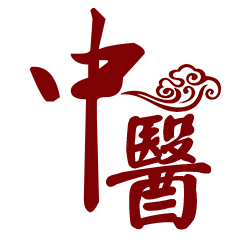Many people purchase expensive or commonly-used medicinal materials and store them at home for future use. But when the herbs are stored over a long period of time, they are subject to insects, moulds, discoloration and loss of lustre. What then is the proper way to preserve Chinese medicines at home? How long can Chinese medicinal materials be stored?
Commonly-used vessels for storing herbs
Vat  , jug
, jug  , earthen jar
, earthen jar  , wooden box
, wooden box  , gunny-bag
, gunny-bag  .
.
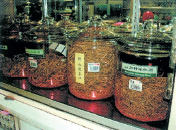
Commonly-used methods of storage
1. Drying 
- Drying in the sun
 : Set up a stand under the sun, and place a mat over it. Spread the herbs out on the mat. They will dry quickly. If the herbs do not dry as quickly as expected, steam or heat them using boiling water first before drying them in the sun. E.g. corydalis tuber, lily bulb, fritillary bulb, etc.
: Set up a stand under the sun, and place a mat over it. Spread the herbs out on the mat. They will dry quickly. If the herbs do not dry as quickly as expected, steam or heat them using boiling water first before drying them in the sun. E.g. corydalis tuber, lily bulb, fritillary bulb, etc. - Drying without sunlight
 : Place the herbs in a well-ventilated area, avoiding direct, strong sunlight, or place them in a cool and shady place, with good air circulation. Water in the herbs will evaporate naturally. E.g. medicinal flowers and fragrant medicinal materials.
: Place the herbs in a well-ventilated area, avoiding direct, strong sunlight, or place them in a cool and shady place, with good air circulation. Water in the herbs will evaporate naturally. E.g. medicinal flowers and fragrant medicinal materials. - Drying by baking with mild heat
 : Mild heat is used to bake the herbs, making them dry. This method is suitable for use during the rainy wet season.
: Mild heat is used to bake the herbs, making them dry. This method is suitable for use during the rainy wet season. - Lime drying
 : For expensive herbs, such as ginseng, which is prone to attacks by insects and mould, a piece of lime may be added to absorb moisture for dry storage.
: For expensive herbs, such as ginseng, which is prone to attacks by insects and mould, a piece of lime may be added to absorb moisture for dry storage.
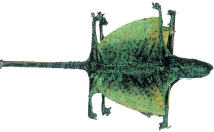
2. Storage 
Herbs are classified and kept according to their different nature. For herbs which turn mouldy easily, e.g. polygala root and pinellia tuber, the storage method of moisture absorption by ventilation can be used, i.e. drying in the sun, ventilation, absorbing moisture. If the herbs are aromatic and oily by nature, e.g. almond, peppermint, they can be stored in an air-tight vat or jug.
- Sealed airtight
 : After drying, the herbs will be insect-free, and can be sealed in an airtight container, unaffected by external humidity, temperature, light, bacteria or pests. Those which are volatile, e.g. mirabilite and borneol, should be sealed and kept airtight.
: After drying, the herbs will be insect-free, and can be sealed in an airtight container, unaffected by external humidity, temperature, light, bacteria or pests. Those which are volatile, e.g. mirabilite and borneol, should be sealed and kept airtight.

- Low temperature and dark storage
 : Store the herbs in a shady, cool place with an absence of light, or store them in dark areas, or earthenware, porcelain, or coloured glass bottle. As long as the temperature is below 10°C, mould and insect ova will not grow easily. Avoid exposing the herbs to light to prevent chemical changes from taking place.
: Store the herbs in a shady, cool place with an absence of light, or store them in dark areas, or earthenware, porcelain, or coloured glass bottle. As long as the temperature is below 10°C, mould and insect ova will not grow easily. Avoid exposing the herbs to light to prevent chemical changes from taking place. - Opposing storage method
 : Two or more herbs are stored together in the same place, restraining one another, and preventing the insects from breeding. E.g. storing tree peony’s root bark and water plantain together; or storing prickly ash peel with medicinal animals like the earthworm or the long-nosed pit viperqishe
: Two or more herbs are stored together in the same place, restraining one another, and preventing the insects from breeding. E.g. storing tree peony’s root bark and water plantain together; or storing prickly ash peel with medicinal animals like the earthworm or the long-nosed pit viperqishe  can discourage pests.
can discourage pests. - Alcohol spraying method
 : Spray alcohol on herbs and in the airtight container. The alcohol vapour helps to prevent insects and mould from breeding.
: Spray alcohol on herbs and in the airtight container. The alcohol vapour helps to prevent insects and mould from breeding.
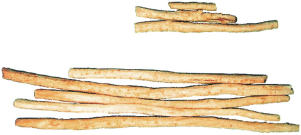
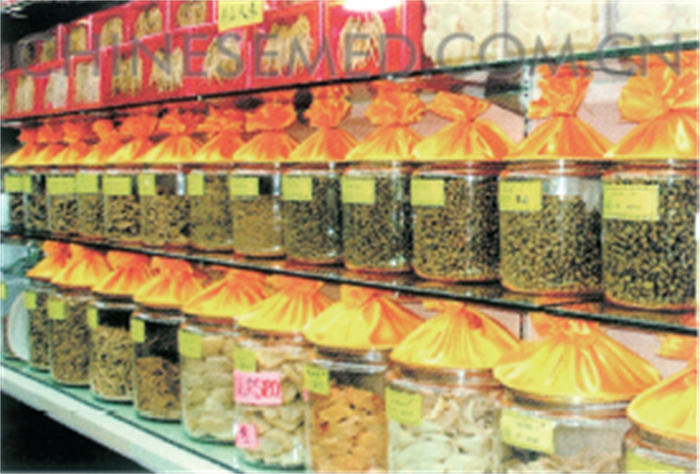
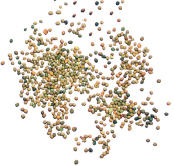
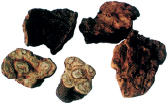
Fast facts
How long can Chinese medicinal herbs be stored?
As tested and proven by Chinese physicians, if herbs are properly stored, their quality and curative effect can be maintained over a period of time. But the curative effects of some Chinese herbs are actually reduced, although they appear to be free of mould and insects. This shows that the inner quality of the herbs has changed.
Generally, depending on the herbs’ characteristics and storage conditions, they should not be stored for too long. E.g. medicinal herbaceous plants (with leaves, flowers) are stored for not more than two years; woody plants (with roots, stems, bark) are kept for less than three years; fruit and seed type of medicinal materials are stored for less than four years; medicinal minerals should not be kept for more than ten years.
